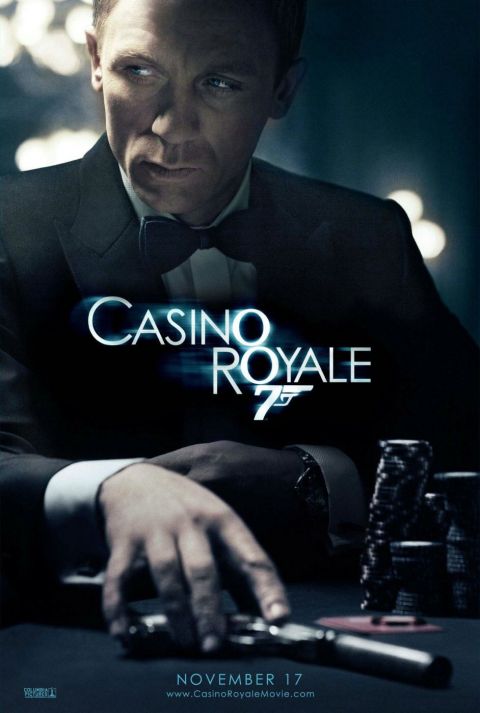 In his article The snob appeal of tap water, Daniel Gross describes how elite restaurants and consumers are now turning on bottled water and returning to tap water. The motivation is that bottled water is bad for the environment, both in that water is shipped 1000s of miles, using petroleum for shipping, as well as the bottling of the water itself. Gross calls this shift an elitist, snob thing. The implication is that much of the reason that those-who-have are switching to tap water is because everyone can do bottled water and it no longer is special. It is too pedestrian. He also argues that it is often the case that the elites start blaming products they once considered theirs as bad e.g. for the environment once the masses start to consume them. Bottled water is not the exception, but one more example in a long line of products that have been demonized once they became popular.
In his article The snob appeal of tap water, Daniel Gross describes how elite restaurants and consumers are now turning on bottled water and returning to tap water. The motivation is that bottled water is bad for the environment, both in that water is shipped 1000s of miles, using petroleum for shipping, as well as the bottling of the water itself. Gross calls this shift an elitist, snob thing. The implication is that much of the reason that those-who-have are switching to tap water is because everyone can do bottled water and it no longer is special. It is too pedestrian. He also argues that it is often the case that the elites start blaming products they once considered theirs as bad e.g. for the environment once the masses start to consume them. Bottled water is not the exception, but one more example in a long line of products that have been demonized once they became popular.
It seems to me, however, that this has nothing to do with the elites versus the masses. Sure, the elites have their attitude and I’m sure they lament whenever something they thought was special and theirs becomes part of mass culture. But, that the elites start demonizing the product when it becomes consumed by the masses is rooted in more than just some snobbish attitude. It is a real cause for concern.
This is because any human activity is of relatively no consequence in the global scheme if only a few people do it (there are exceptions; maybe testing a nuclear bomb would be one). If just myself and my good buddy next door drink bottled water, it won’t hurt the environment. It won’t cause any ecological disaster. It won’t force jobs to be moved overseas. And this is true for just about anything we could do: have glorious water fountains in our back yards even in our drought conditions here in Santa Fe; be the first to have high-energy usage appliances; use riding lawn mowers for our small patch of grass; have a gas guzzling SUV. The problems start happening when everyone starts doing these things. It is the consumption habits of a society, of a large group of people, that begin to impact the economy and the environment.
The converse is true too, of course. If just me and my neighbor switch out our incandescent bulbs for compact fluorescents, it won’t make much of a difference at all. But if everyone in our town, our state, or our country do so, then we will see a dramatic change.
So, it isn’t so much an issue of who is doing the consuming in terms of elites versus masses; it isn’t that, once the masses start consuming a product it becomes demonized. Rather, it is the scale of consumption which matters. That is when it becomes a potential problem. The role the elites play in all of this is that they are often the ones that can first afford the novelty of bottled water or SUVs. However, once the masses get wind of these new products, they naturally demand access to the same products. This is how a democratic society works. In a democracy, we can’t limit the use of certain resources and products to a special class (except via price), so unless price stays prohibitive for a long time, the masses will demand access to those products just to reduce the divide between them and the elites.
Maybe the role of the elites in this needs to be modified so that they are more responsible with their own consumption, but that isn’t happening right now. The elites who can use carbon offsets to keep polluting at a large rate are doing something that simply cannot be done on a nation-wide scale. And neither can the space rides that some billionaires are taking right now. The environment cannot sustain an economy in which everyone can take such rides. The fuel usage and damage to the atmosphere won’t allow it.
The graphic is from Wage Peace and really has nothing much to do with the posting; I just thought it looked cool and was semi-relevant.

 Lisa and I just watched Casino Royal last night. I’d already seen it on the way back from London, but had missed a few parts (I had a hard time hearing some of the dialog through the accents). I still had a hard time, but got most of it, I believe.
Lisa and I just watched Casino Royal last night. I’d already seen it on the way back from London, but had missed a few parts (I had a hard time hearing some of the dialog through the accents). I still had a hard time, but got most of it, I believe.